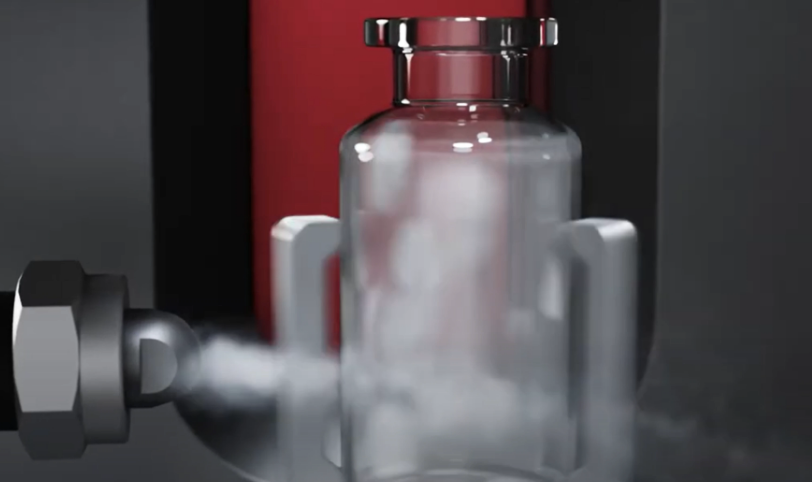
A top-ranking public research university in Belgium has received funding from Norway-based Coalition for Epidemic Preparedness Innovations (CEPI) to explore whether a pioneering vaccine stabilisation technique could end the need for frozen storage of mRNA vaccines and support a fast and scaled-up response to future outbreaks in as little as 100 days.
Ghent University will receive up to $1.9 million to test the performance of optimised mRNA vaccines, developed on the university’s specialised mRNA Galsomes platform, in preclinical models after ‘spin-freezing’ the vaccines. Pioneered by RheaVita, a spin-off company of Ghent University, spin-freezing is a novel alternative to the traditional freeze-drying method. The research will be supported by Flanders Institute for Biotechnology (VIB).
Spin-freezing works by rapidly rotating vials of vaccine along an axis while the flow of an inert and cold gas solidifies the vaccine into a thin powder film around the side of the vial. This allows for a much faster drying process and offers manufacturers more control of the process, which can help improve the quality of vaccines being produced.
The project will assess mRNA vaccines developed against Influenza A subtype H2N2 virus in preclinical models after spin-freezing and storing the vaccines at 2-8 degrees celsius.




